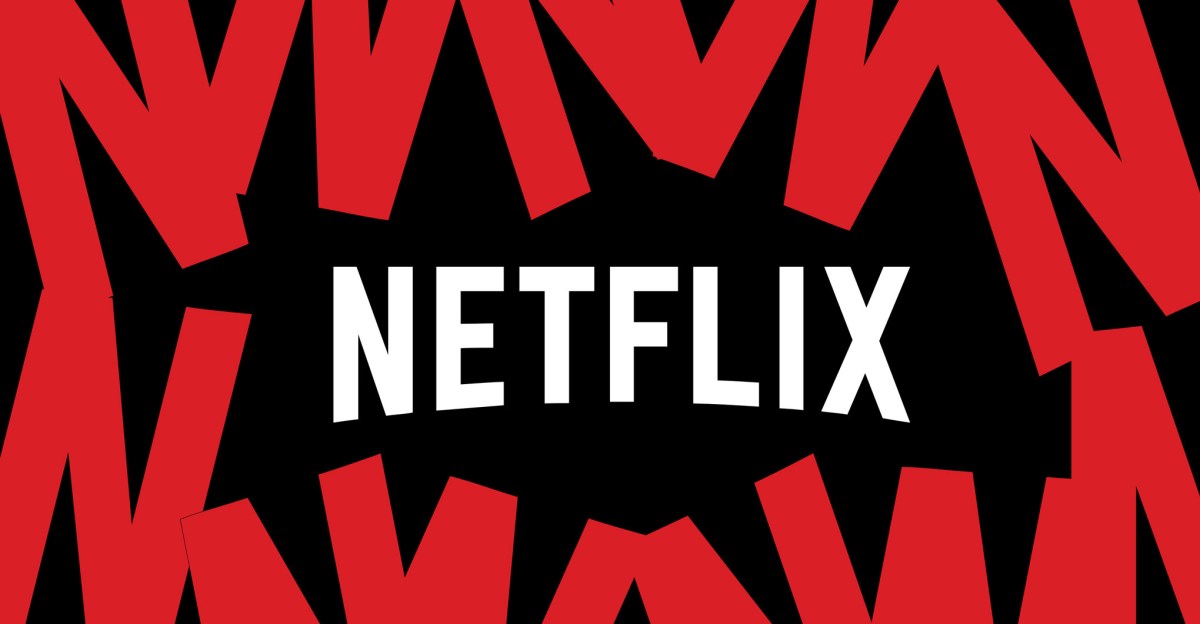
The entertainment industry has a new reference point for responsible AI use. Netflix published its generative AI guidelines for production partners, setting rules around consent, attribution, human oversight, and transparency for synthetic content. The guidance aims to protect rights holders while allowing generative AI in entertainment under clear limits and metadata standards.
Generative AI in entertainment is evolving quickly. Tools that help with script ideation, concept art, and visual effects have raised questions about AI ethics in media, copyright, and the role of human creators. Netflix has been experimenting with AI assistance across promotional materials and production planning, but its new policy shows a shift toward formalizing safe practices for generative AI in content production.
The guidelines center on four core areas that clarify how production partners should use generative AI in entertainment:
According to Netflix internal data, these guidelines will affect approximately 60 percent of current productions that plan to incorporate some form of generative AI assistance.
By publishing this policy, Netflix aims to set an industry standard for responsible AI implementation in streaming and content creation. The framework addresses high intent concerns such as AI copyright guidelines, consent chains for AI training data, and union covered work. For creators and production companies, the policy reduces uncertainty about legal and ethical risks while encouraging safe experimentation with generative AI in entertainment.
Implementation will not be without challenges. Verifying provenance across large training data sets can be complex and the required metadata standards add administrative work that smaller vendors might find difficult to manage. Industry analysts estimate these guidelines could increase production costs by five to eight percent for AI integrated projects. Still, clear policies around AI policy and human oversight may make studios more attractive to talent that wants protection when working with AI tools.
Netflix generative AI guidelines mark a significant step in defining how generative AI should be used in entertainment production. By balancing innovation with protections for creators, the guidelines promote ethical use of AI in media and a roadmap for other platforms. The real test will be in execution and whether the guidelines scale across fast moving production environments while preserving creative rights and artistic integrity.
The new rules highlight that generative AI can enhance content creation when guided by consent, attribution, transparency, and human oversight. Netflix approach may become a template for the wider industry as streaming platforms and studios build their own AI policies.



